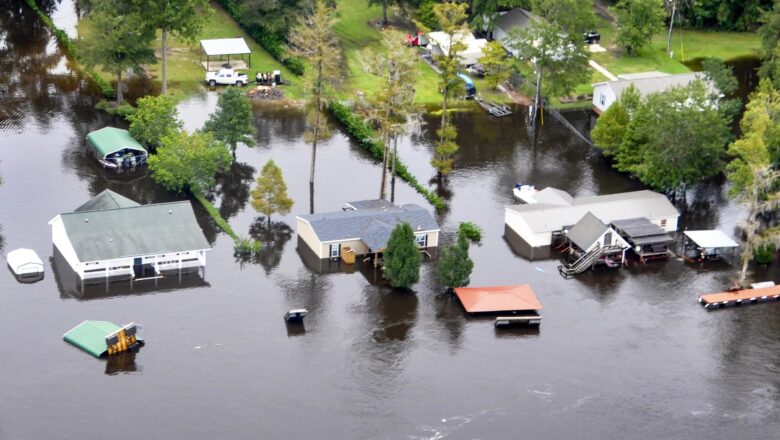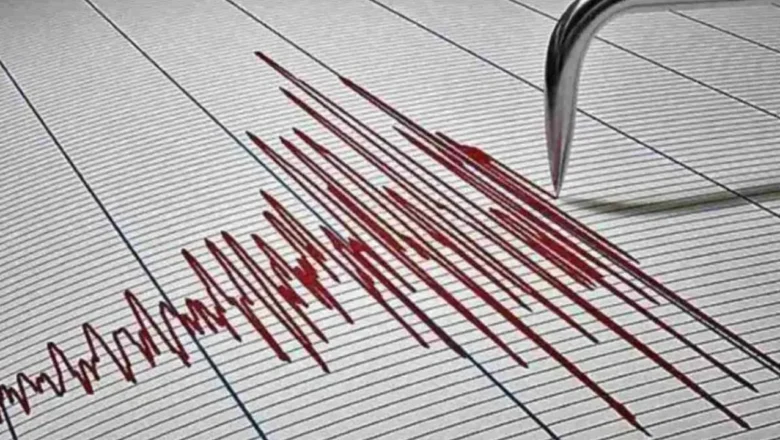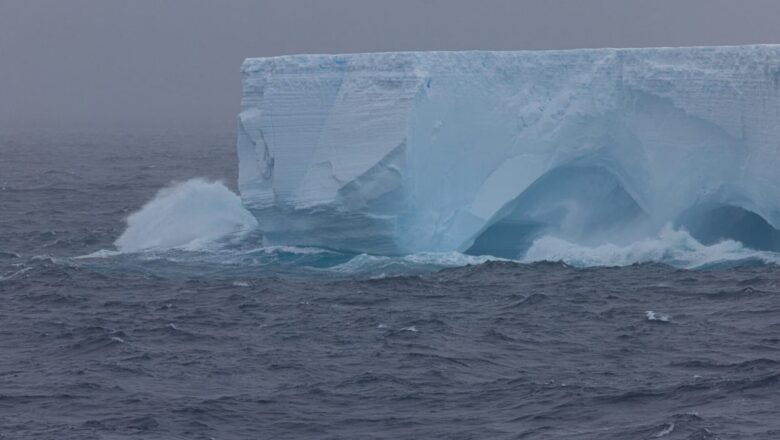
Canada over 540,000 New Homes Built in flood-prone Areas to Tackle climate risks
A groundbreaking report highlights how Canada can tackle its housing needs while avoiding catastrophic climate risks. It’s the first study in the country to quantify the economic damage of building homes in flood and wildfire-prone areas, urging a shift away from hazard zones to save billions and protect communities.
The analysis warns that by 2030, over 540,000 new homes could be built in flood-prone areas, leading to $2 billion in annual damages. The financial burden will hit Manitoba and the Yukon hardest, with each new home in high-risk zones adding $1,200 per year in extra costs.
The report calls for urgent action, recommending that housing developments be placed in safer areas. By planning smarter, Canada can prevent escalating disaster costs while ensuring its citizens have se...








